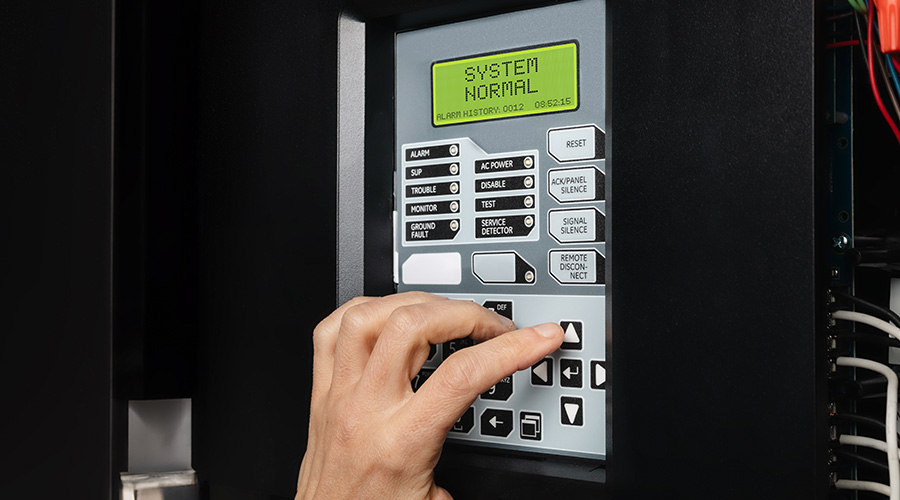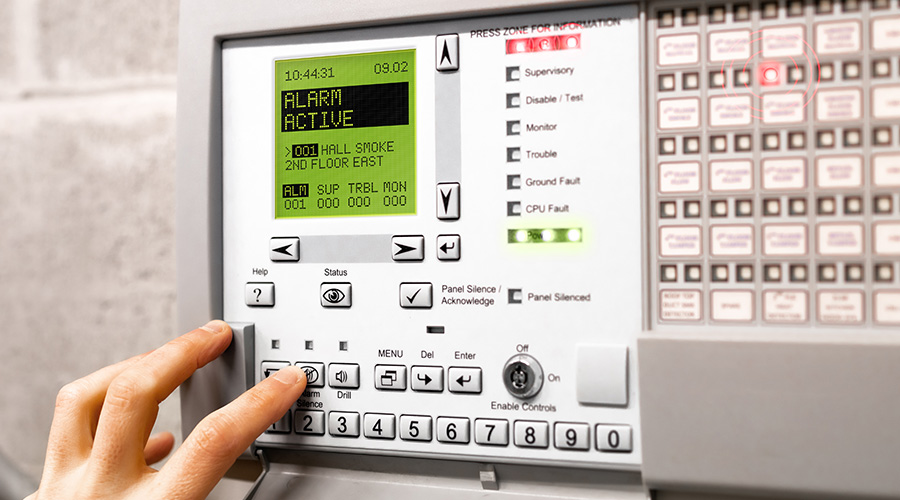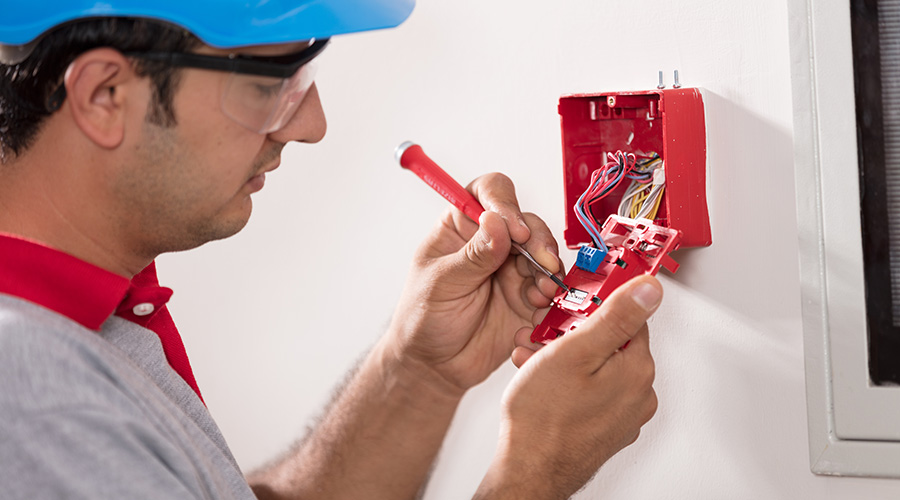Do Fire Alarm Systems Need to Meet OSHA Requirements?
This Q&A answers whether complying with NFPA 72 will also satisfy OSHA requirements
By Wayne D. Moore and Larry D. Rietz, Contributing Writers
NFPA 72 is the National Fire Alarm and Signaling Code and is an essential code for a facility manager to understand for all requirements related to fire alarm systems. Every facility’s installation, operation, inspection, testing, and maintenance of a fire alarm system is governed by NFPA 72.
Under the provisions of the Occupational Safety and Health Act of 1970 (OSH Act), employers must provide a workplace free from recognized hazards that are causing, or are likely to cause, death or serious physical harm to employees regardless of the size of business. Employers must comply with OSHA standards under the OSH Act.
The following questions look at where the two requirements meet.
What part do OSHA requirements play in installing a fire alarm system?
The OSHA requirements are designed to limit the severity of accidents and injuries in the workplace by ensuring that fire alarm systems are in place to alert employees to workplace emergencies. The fire alarm system must meet established performance requirements and must be properly installed and maintained. (OSHA sections 1910.164 and 1910.165 spell out the requirements that apply to fire alarm systems design, operation, and maintenance).
Will a fire alarm system that meets the requirements of NFPA 72 comply with OSHA requirements?
A fire alarm system that is completely code compliant with NFPA 72 will generally meet the OSHA requirements. But if there are unusual safety issues within a building, an NFPA 72-compliant fire alarm system may not meet the OSHA requirements. For instance, if elevated catwalks are used to access equipment, regular NFPA 72 notification layout requirements may not address the true notification requirements of the facility.
Wayne D. Moore is a licensed professional fire protection engineer with over 45 years of engineering experience. Moore currently serves on the NFPA 72 Correlating Committee and Chapter 24 Technical Committee (past Chair), as well as being an editor of five editions of the “National Fire Alarm Code Handbook.”
Larry D. Rietz, is a NICET Level IV Certified fire alarm designer with more than 29 years of life safety industry experience. Rietz is Vice President and Global Service Line Leader for Fire Detection and Alarm for Jensen Hughes and serves on the NFPA 72 Chapter 24 and 12, 21, & 23 Technical Committees.
Related Topics:












